“A new study reveals …”
When we hear about recent scientific findings in the news or on social media, it can be easy to disengage — to turn the channel, to keep scrolling — or even to be skeptical about the information and where it’s coming from. But what if we knew more about the humans behind the science? What if we found out that we share similar interests and motivations, and are often more closely connected than we realize?
Charles Rolsky, a PhD student whose research on microplastic pollution recently made national headlines, happens to be one of those humans.
As someone who grew up in rural areas of Montana, California, and Washington, “Charlie” has always been passionate about the environment. When he was a child, he enjoyed camping with his family. He played outside and developed a deep love for nature. And every weekend, he read the MUTTS comic strip.
“I loved reading the funnies. Every Sunday I’d steal the paper from my mom,” he recalls. “MUTTS was my favorite comic to read, and for any holiday or birthday, I usually received an anthology collection of MUTTS comics as a gift. Those cartoons inspired me so much as a kid to go into the field of conservation.”
During high school, Charlie volunteered at an animal hospital and at a bird of prey rehabilitation center, as well as at New England Aquarium. He explains that these experiences helped him understand how animals and medicine interact, and how people can use science to develop new theories about helping animals.
On the day Charlie graduated from high school, he met MUTTS creator Patrick McDonnell at a book-signing event. “It was the middle of my graduation, and my mom heard that Patrick was at a nearby Barnes & Noble. So I left my graduation, ditched all the other activities, and went to meet Patrick. I took a picture with him. I was still in my cap and gown,” he laughs. “Patrick asked about my favorite character, and I said it was Shtinky. I liked any scenes where Shtinky was talking about tigers or elephants, or reflecting on conservation. Those really resonated with me.”

Charlie now works as a teaching assistant and scientific researcher for ASU’s Biodesign Institute’s Center for Environmental Health Engineering, where he focuses on plastic pollution. In August, he and his colleagues released a study showing how disposable contact lenses can pose a threat to the environment. (The main takeaway? If you wear contacts, you should discard used lenses with other solid waste. Don’t flush them down the sink or toilet, because from there they can turn into toxic microplastics.)
His team’s research has since been featured in media outlets like The New York Times, Scientific American, and Smithsonian Magazine, as well as on NPR’s Science Friday podcast.
Why do you think this study has received such widespread attention?
I think it’s something that connects with a lot of people. Contact lenses are a personal item, and some people can’t function without them. It’s also a topic that hasn’t been studied before. Since the lenses are so small and flimsy, they don’t feel like a threat; a lot of us assume water treatment plants will filter them out.
I think the response is great, but … in science, it’s great until you fix something. Then, it’s wonderful.
What would a solution look like?
We’re hoping to connect with contact lens manufacturers. It would be great if they put labels on their boxes about proper disposal — something saying, “We discourage flushing down the sink or toilet. Please put lenses in solid waste.”
In no way are we trying to tell anyone not to wear contacts. We just hope people will put more thought into what happens when they flush stuff down the sink.
Plastic pollution is such a huge problem, and sometimes it feels like one person can’t make a difference. What else do you recommend for people who want to help the environment?
As an individual, omit plastics you don’t really need — like plastic bags, utensils, and straws. I can go online and buy bamboo utensils, a metal straw, and a tote bag, and they’re all pretty inexpensive. I do think a lot of conservationists make suggestions that some middle- or lower-income families can’t integrate into their lives, so those types of suggestions are not very inclusive. But making small changes can help solve the problem.
I also encourage people to go out to local businesses and speak to others in a really respectful way. Like, when I go to a bar and they bring me a water with a straw, I’ll open up a casual dialogue and ask, “Is it possible for you not to bring straws unless someone requests one? That way we’re using less and you’re not spending as much money on replenishing them.”
You seem mindful about explaining things respectfully. Is there someone who instilled that in you?
My advisor Rolf Halden has been amazing about teaching me how to share information. He’s one of my main influences. But otherwise, I’ve actually seen a lot of the opposite. I’ve noticed that some people can’t seem to deliver information without sounding condescending. In my opinion, one of the biggest problems in academia is that only a handful of people can explain their research to someone who’s not a science expert. I think that’s bad. If you can’t disseminate information to the public, then that knowledge is wasted. The more I observe this, the more I realize the importance of empowering and connecting with people.
As a professional, how do you empower others?
I never want to blame anyone for doing something. People don’t respond well to being blamed. Sometimes people don’t have many choices, or they aren’t informed about certain things. I just make suggestions. Empowerment is about sitting down with people and learning from them as much as they learn from you.










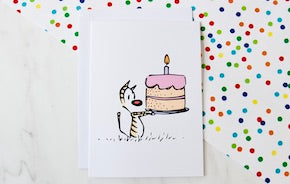
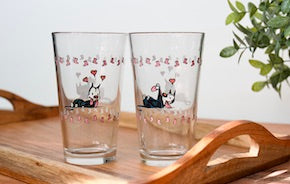
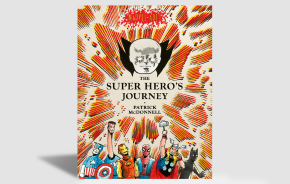
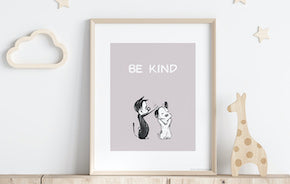
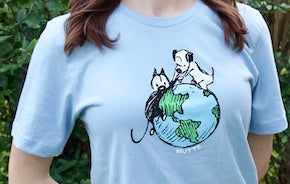
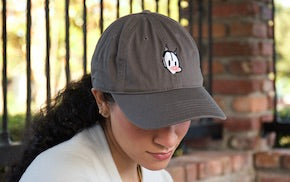
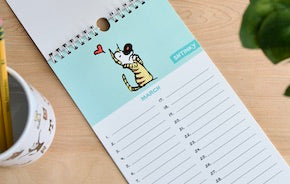
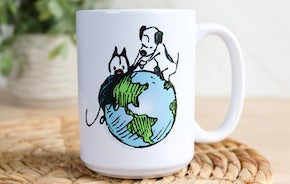
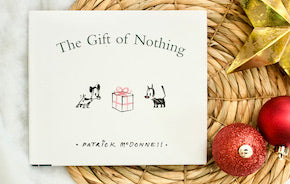
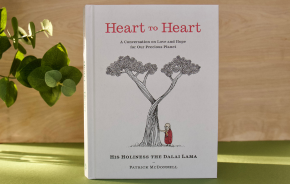
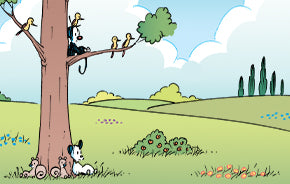
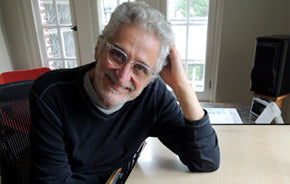


Comments (5)